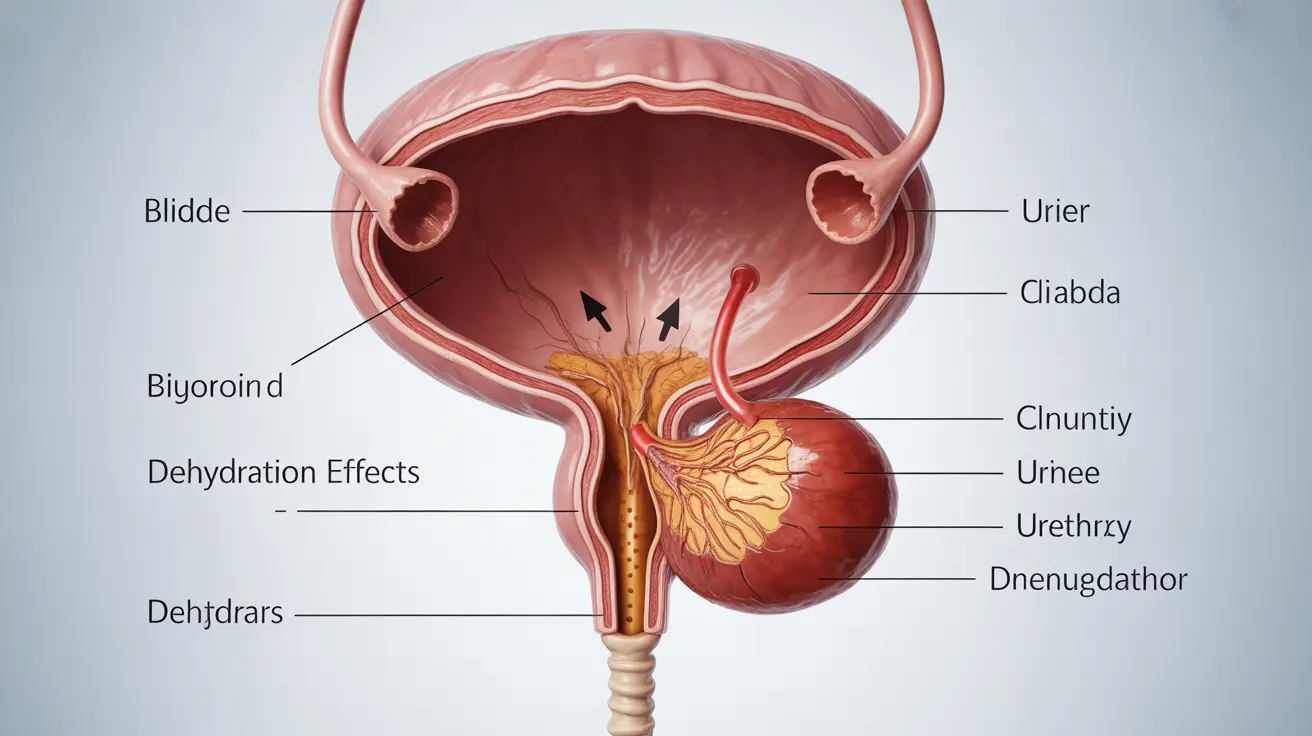Irritable male syndrome (IMS) is a complex condition that can significantly impact men's physical and emotional well-being. This hormonal imbalance affects mood, behavior, and overall quality of life, particularly during periods of testosterone fluctuation. Understanding its symptoms, causes, and treatment options is crucial for both those experiencing it and their loved ones.
While less widely recognized than other hormonal conditions, irritable male syndrome deserves attention as it can substantially affect personal relationships, work performance, and daily functioning. This guide explores the key aspects of IMS and provides evidence-based strategies for managing its symptoms effectively.
Understanding Irritable Male Syndrome
Irritable male syndrome occurs when hormonal changes, particularly in testosterone levels, lead to physical and emotional symptoms. This condition can affect men of various ages, though it's more commonly observed during andropause or in response to significant life stressors.
Key Symptoms and Signs
The manifestations of irritable male syndrome can vary among individuals but typically include:
- Mood swings and irritability
- Anxiety or depression
- Decreased energy levels
- Reduced libido
- Difficulty concentrating
- Sleep disturbances
- Changes in appetite
Causes and Risk Factors
Several factors can contribute to the development of irritable male syndrome:
- Hormonal fluctuations
- Chronic stress
- Poor diet and lifestyle habits
- Underlying health conditions
- Age-related hormonal changes
- Environmental factors
Treatment Approaches and Management
Medical Interventions
Treatment options for irritable male syndrome often involve a combination of approaches, tailored to individual needs and symptoms. Hormone replacement therapy (HRT) may be recommended in cases where testosterone levels are significantly low. However, this decision should be made carefully after thorough medical evaluation and discussion of potential benefits and risks.
Lifestyle Modifications
Implementing healthy lifestyle changes can significantly improve symptoms:
- Regular exercise and physical activity
- Balanced, nutrient-rich diet
- Stress management techniques
- Adequate sleep hygiene
- Limiting alcohol and avoiding smoking
- Regular meditation or relaxation practices
Supporting Someone with IMS
Partners and family members play a crucial role in helping individuals manage irritable male syndrome. Understanding, patience, and open communication are essential. Creating a supportive environment while encouraging healthy coping mechanisms can make a significant difference in managing symptoms and maintaining relationships.
Frequently Asked Questions
What are the typical symptoms of irritable male syndrome and how does it affect daily life?
Irritable male syndrome typically manifests through mood swings, irritability, anxiety, decreased energy, and reduced libido. These symptoms can significantly impact work performance, relationships, and overall quality of life, making daily tasks more challenging and affecting emotional well-being.
How is irritable male syndrome treated, and what are the benefits and risks of hormone replacement therapy?
Treatment options include hormone replacement therapy (HRT), lifestyle modifications, and counseling. While HRT can effectively restore hormone balance and improve symptoms, it carries potential risks such as increased risk of blood clots, sleep apnea, and prostate issues. Treatment decisions should be made in consultation with healthcare providers.
Can lifestyle changes such as diet and exercise help manage symptoms of irritable male syndrome?
Yes, lifestyle modifications can significantly improve IMS symptoms. Regular exercise, a balanced diet rich in proteins and healthy fats, stress management techniques, and adequate sleep can help regulate hormone levels and reduce symptom severity.
What role does testosterone play in irritable male syndrome, and how does testosterone replacement therapy work?
Testosterone is central to IMS, as fluctuations in this hormone can trigger symptoms. Testosterone replacement therapy works by supplementing the body's natural hormone levels through various delivery methods (injections, gels, or patches), helping to restore balance and alleviate symptoms.
How can partners or family members best support someone experiencing irritable male syndrome?
Partners and family members can provide support by showing understanding, maintaining open communication, encouraging healthy lifestyle choices, and being patient during mood fluctuations. They can also help by participating in lifestyle changes and accompanying their loved one to medical appointments when needed.




